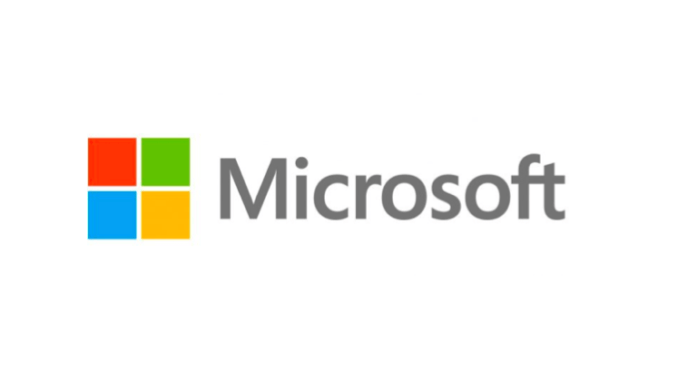
Big Tech company, Microsoft, is to broaden the appeal of its NLP and machine learning tools for doc review as part of a project to bring its Azure Cognitive Service capabilities into the Power BI platform for business level analysis and data visualisations. The service will open for public preview from March 2019.
Microsoft said that they are going to offer ‘powerful ways to extract information from a variety of sources like documents, images, and social media feeds…[which] can identify named entities such as organisations, people, and locations’, through the business-focused BI dashboard.
‘The algorithms can … identify key phrases, and determine positive or negative sentiment,’ the US company added.
The idea appears to be that by combining a professional-looking dashboard with the existing NLP and machine learning capabilities Azure has, the end result will be more akin to some of the tools already on the market, which combine NLP extraction with data analysis tools and visualisations.
It’s an interesting move that could encourage more businesses, including law firms, to explore a more self-build approach to designing and deploying NLP tools based on this platform.
One example the company gives is analysing hotel reviews, but the same approach could be used to extract and analyse relatively narrow selections of text in legal documents that perhaps would meet less in-depth analysis needs.
The news follows swiftly on the heels of a piece Artificial Lawyer wrote last week about how Amazon was now offering a suite of NLP capabilities for reviewing medical texts and what would happen if a Big Tech giant like this moved into the legal sector.

Azure Cognitive Services already offers what it calls ‘Language Understanding’, however, in combination with Power BI it is likely to become a more powerful tool – at least for those who want to leverage it inside a law firm, or inhouse legal team.
As Microsoft’s Arun Ulag, says: ‘[This] can aid in data exploration, comb through the data to automatically find patterns, help users understand what the data means, and predict future outcomes to help business drive results.’
It therefore could also be applied to financial results, time and billing data and more. Much however depends on whether a law firm has people in its IT and innovation teams that want to build things, i.e. legal engineers.
That said, the strategy behind the combination is to make it as easy as possible for users to exploit the software’s capabilities, so users ‘can create machine learning models directly in Power BI using automated machine learning‘.
The Big Tech giant says this will provide ‘huge opportunities when workers across an organisation can leverage AI for improving business outcomes’.
In short, if you have the data, whether this is numerical or unstructured data, the platform will help you to analyse it, improve your trained searches, and then display your extracted data in easy to use visualisations.
But….of course….it’s not all simple. Someone has to do the training of the system, know what they are looking for, build the entire application you want to deploy, even if Microsoft has done a lot of foundational work.
Also, will this be more accurate or better than the systems that are already in the market and that have spent years developing their NLP capabilities and extraction techniques? Probably not. This platform is 100% agnostic, it is not designed specifically for legal language or the ways that lawyers work.
That said, Artificial Lawyer was having a chat with the GC of a very large UK company this week who explained that when it came to doc review their needs, at present, were quite simple. The tech stage they were at today was little more than a list of the key contracts they had on an Excel spreadsheet. Anything that took them beyond that would be a valuable development.
Would a new document management system that included enterprise search and advanced NLP capabilities, such as that offered by iManage/RAVN be a great solution? For sure. But, equally, maybe the GC could get what they wanted with something a bit more basic…something bespoke that could be made via the Microsoft system? Also, for sure.
The challenge now appears to be that law firms and inhouse legal teams can do a lot themselves – or at least soon will be able to – when it comes to NLP-based data extraction. The question is whether it will remain a lot easier, quicker and ultimately better to buy off-the-shelf legal AI products, or try and build perhaps less powerful ones yourself using tools such as these.
One small bonus in favour of Microsoft’s new platform offering is perhaps an obvious one: it’s already integrated into the wider suite of Microsoft applications, such as Word, that every lawyer on the planet already uses.
Interesting times….

1 Trackback / Pingback
Comments are closed.